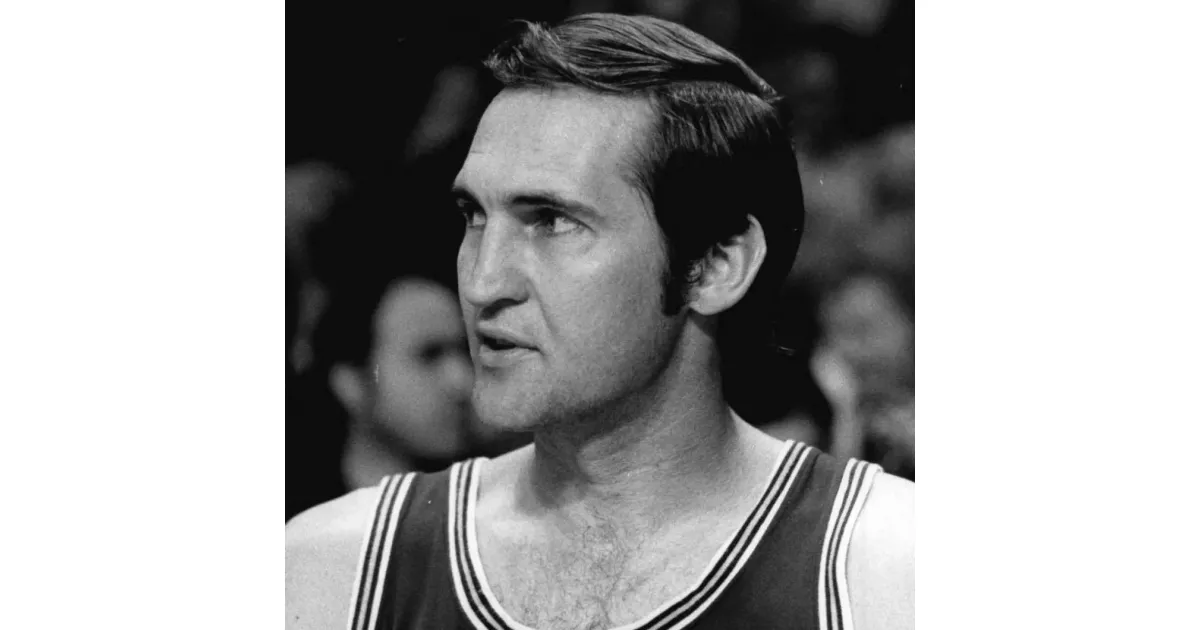Jerry West, nicknamed "the Logo", "Mr. Clutch", and "Zeke from Cabin Creek", was a celebrated American basketball player and executive. He played his entire professional career with the Los Angeles Lakers in the NBA. West is considered one of basketball's all-time greats, known for his exceptional perimeter play, clutch performances, and the silhouette that inspired the NBA logo. His remarkable career included a famous 60-foot buzzer-beater in the 1970 NBA Finals.
1964: West's Career High
In 1964, Jerry West averaged a then-career-high 31.0 points during the NBA season.
1965: West's Best Season
During the 1965-66 NBA season, Jerry West averaged a career-best 31.3 points. He earned All-Star Team and All-NBA First Team nominations.
1965: West Leads Lakers to Finals
In 1965, after Baylor's injury, Jerry West led the Lakers through the playoffs, averaging 46.3 points per game, an NBA record. The Lakers reached the 1965 NBA Finals, but lost to the Celtics 4-1.
1966: West's Injury-Plagued Season
During the 1966-67 NBA season, Jerry West played only 66 regular season games due to injury, and his averages fell slightly.
1966: Finals Loss to Celtics
In 1966, the Lakers lost to the Boston Celtics in the NBA Finals after a close seven-game series. West's scoring dominance was countered by John Havlicek.
1967: Lakers Swept in Playoffs
In 1967, the Lakers had a disappointing season and were swept by the San Francisco Warriors in the first round of the NBA playoffs. Fred Schaus retired as coach.
July 9, 1968: Lakers Acquire Wilt Chamberlain
On July 9, 1968, the Lakers traded Archie Clark, Darrall Imhoff, and Jerry Chambers to the Philadelphia 76ers for Wilt Chamberlain, creating locker room tension and impacting West's play.
1968: Goodrich Departure
In 1968 Gail Goodrich departed the Lakers after being lost in the expansion draft to the Phoenix Suns. This left Lakers coach Van Breda Kolff concerned about the lack of guards
1968: Finals Loss to Celtics
In the 1968 NBA playoffs, the Lakers lost yet another NBA Finals to the Boston Celtics, with West injured during the series.
1969: West Complains of Exhaustion
Before game 1 of the 1969 NBA playoffs, Jerry West privately complained to Bill Russell of exhaustion.
1969: Finals MVP Despite Loss
In the 1969 NBA Finals, despite Jerry West's triple-double in Game 7, the Lakers lost to the Celtics. West became the only player to win the NBA Finals MVP award from the losing team.
1970: West Leads in Scoring
In the 1969-70 NBA season, Jerry West led the NBA in scoring average with 31.2 points per game after Chamberlain's injury. The Lakers reached the NBA Finals against the New York Knicks but lost.
1970: Goodrich Reacquired
In the 1970–71 NBA season, the Lakers reacquired Gail Goodrich, who came back from the Phoenix Suns after playing for the Lakers until 1968.
1971: Considering Retirement
Before the 1971-72 NBA season, Jerry West considered retirement due to frequent injuries and losses.
1971: Injury and Playoff Loss
In 1971, Jerry West injured his knee and was out for the season after Elgin Baylor's injury. The Lakers lost the Western Conference finals to the Milwaukee Bucks.
1972: NBA Championship Victory
In 1972, the Lakers defeated the New York Knicks in the NBA Finals, securing Jerry West's first NBA title. He reached 4,002 playoff points, setting an all-time NBA record.
1972: Record-Breaking Season and All-Star MVP
In 1972, under coach Bill Sharman, the Lakers had a record-breaking 69-win season with a 33-game win streak. Jerry West contributed with 25.8 points and led the league with 9.7 assists per game, earning the All-Star Game MVP award.
Mentioned in this timeline

Basketball is a team sport played on a rectangular court...

Donald John Trump is an American politician media personality and...
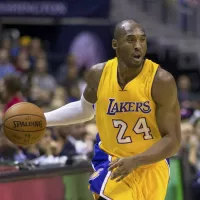
Kobe Bryant a legendary shooting guard dedicated his -year NBA...
Home Box Office HBO is an American pay television service...
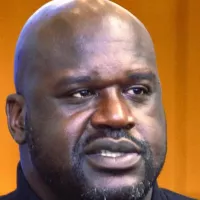
Shaquille O'Neal also known as Shaq is a retired American...
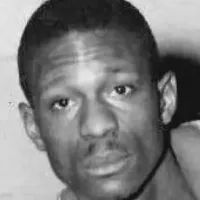
Bill Russell was a dominant American professional basketball player primarily...
Trending

2 hours ago Maya Hawke and Christian Lee Hutson celebrated wedding with Stranger Things cast present.
2 hours ago Wizz Air Launches New Larnaka-Barcelona Flights, Boosting Tourism for Cyprus and Spain.
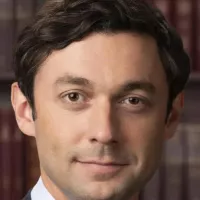
2 hours ago Jon Ossoff criticizes Trump, speech goes viral, fueling 2028 'Front Runner' speculation.
4 hours ago ANTM's controversies are revealed in a new Netflix documentary, with Tyra Banks facing criticism.
4 hours ago EU monitors Albania's legal changes: Concerns raised over Rama's SPAK amendment.
5 hours ago Arkansas State Police sees 29% drop in high-speed pursuits due to law changes.
Popular

Jesse Jackson is an American civil rights activist politician and...
Randall Adam Fine is an American politician a Republican who...

Pam Bondi is an American attorney lobbyist and politician currently...

Barack Obama the th U S President - was the...

Martin Luther King Jr was a pivotal leader in the...

Ken Paxton is an American politician and lawyer serving as...
